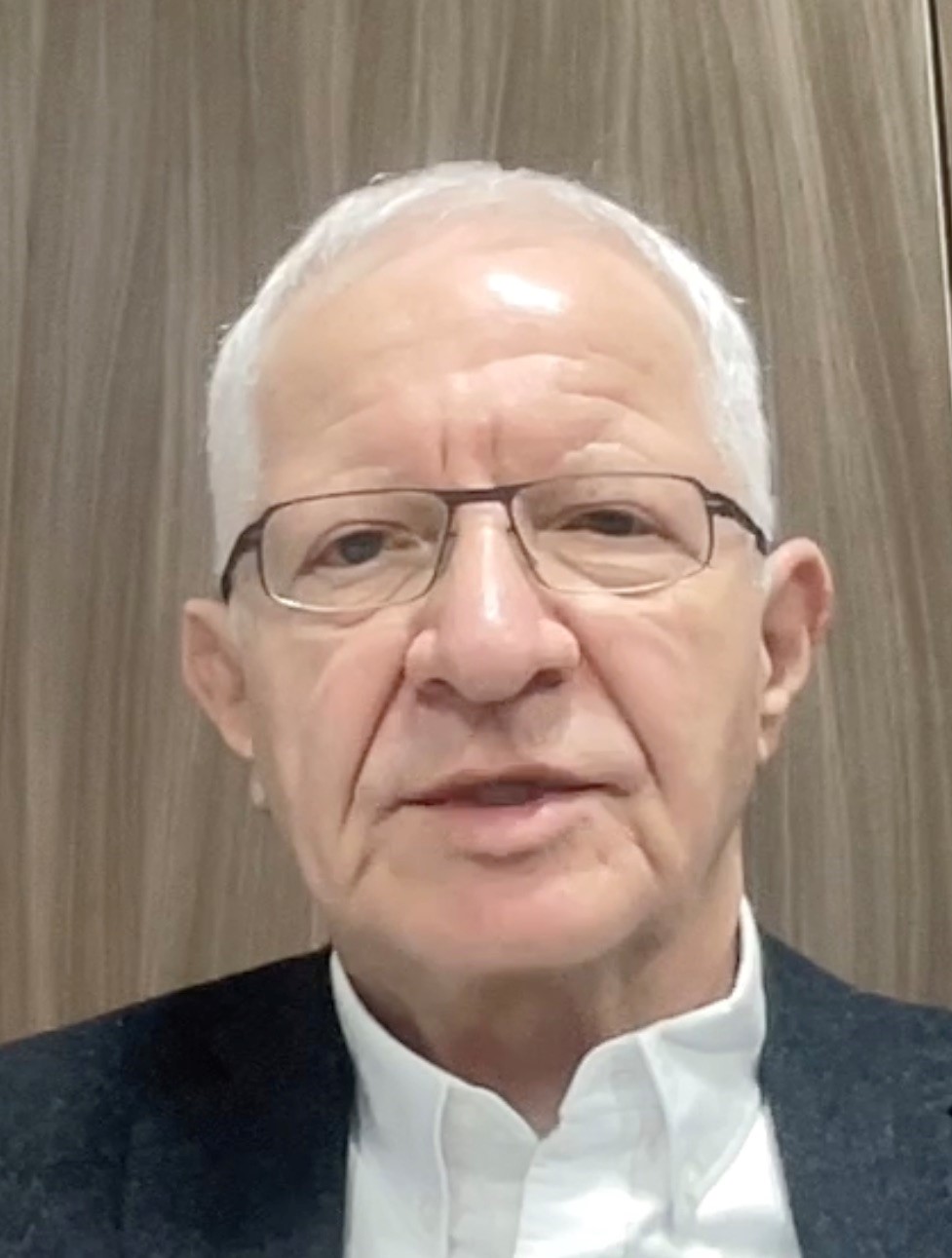Keynote Speaker

Prof. Dr. Osman Hayran
Istanbul Medipol University Faculty of Medicine, Turkiye
Prof. Osman Hayran graduated from Hacettepe
University School of Medicine as a Medical Doctor and then
specialized in Public Health at Hacettepe University Institute of
Community Medicine. After completing compulsory service in Kocaeli
Health Directorate of the Ministry of Health, he started academic
life. He became Associate Professor at Marmara University School of
Medicine in 1988 and Full Professor in 1994. In the same university,
he served as the Head of the Department of Public Health, Director
of the Vocational School of Health Services, Dean of the Faculty of
Health Education and Director of the
Health Policy Research Center. In addition, he held part-time
positions at the World Health Organization and the University of
Miami Medical School. He retired from Marmara University at the end
of 2007 and started to work as the founder Dean of the Yeditepe
University School of Health Sciences. After the establishment of
this faculty, he served as its dean until 2013. He is currently
working as the head of the Department of Public Health at Istanbul
Medipol University Faculty of Medicine and also Director of
Healthcare Systems and Policies Research Center at the same
university. He has many scientific articles published in various
local and foreign journals, congress papers and books.


